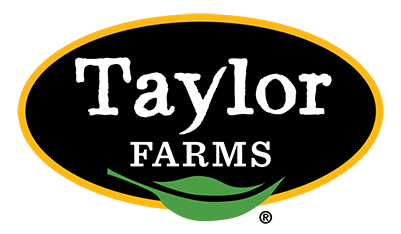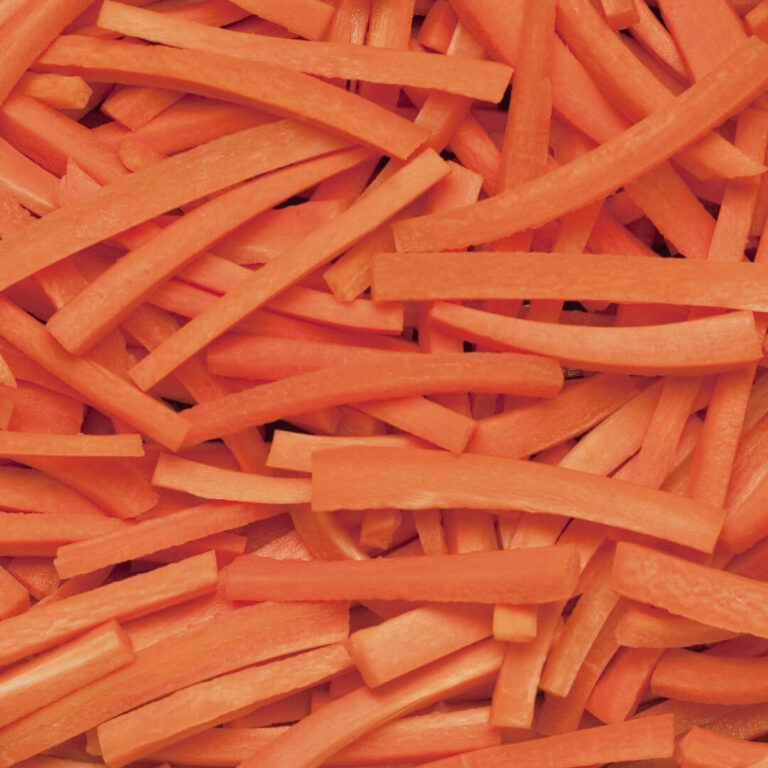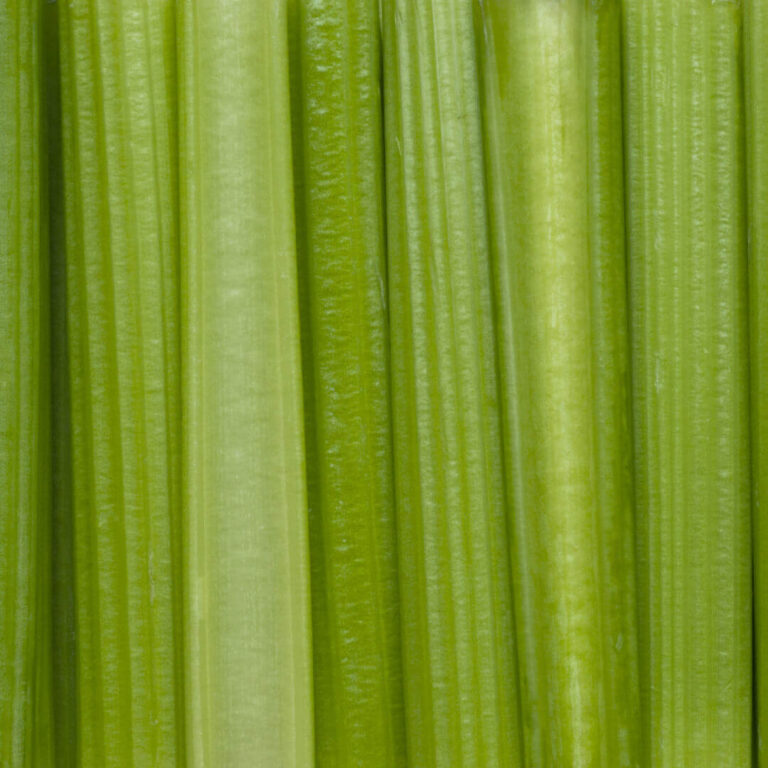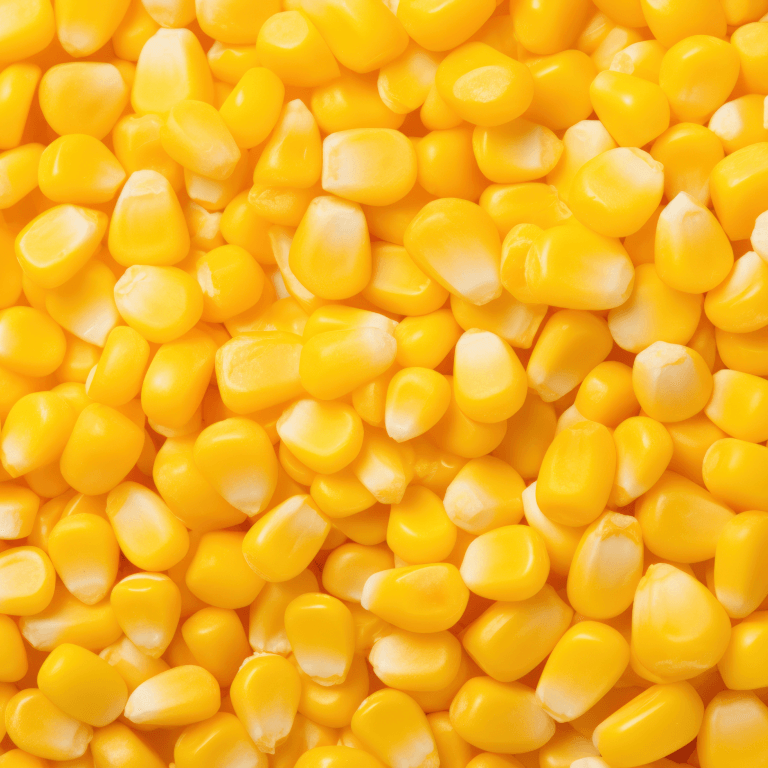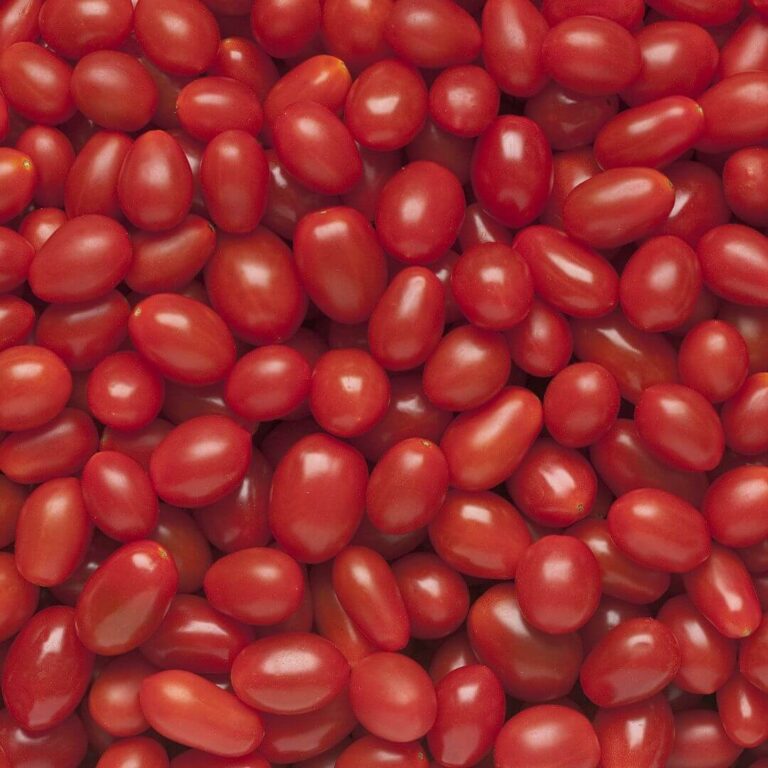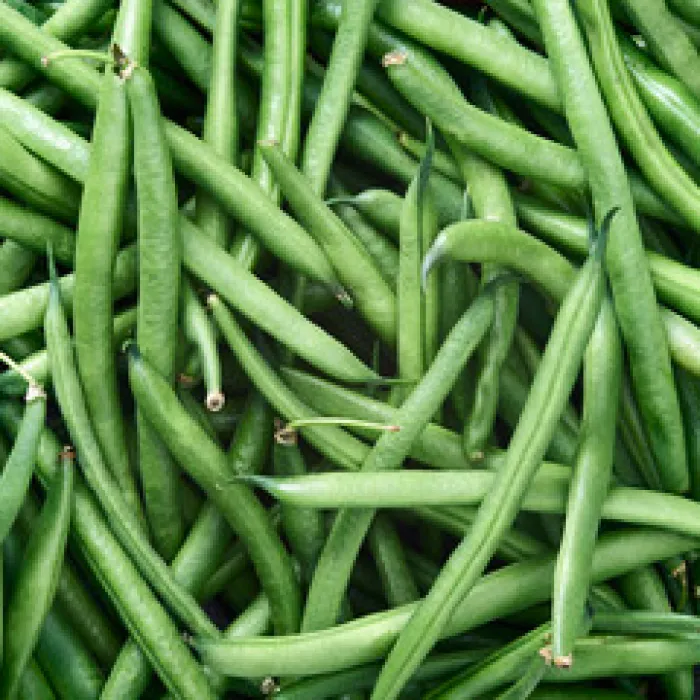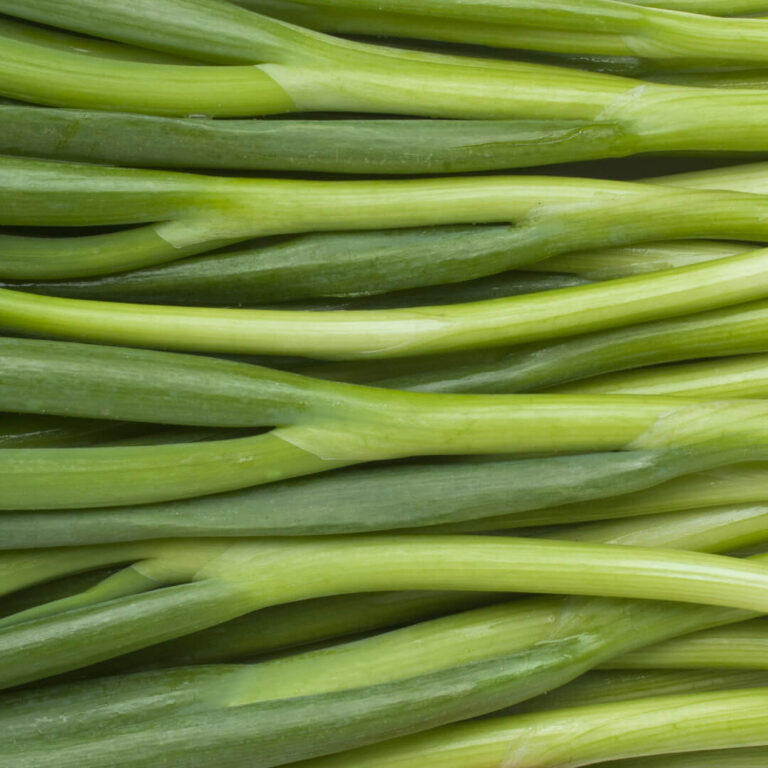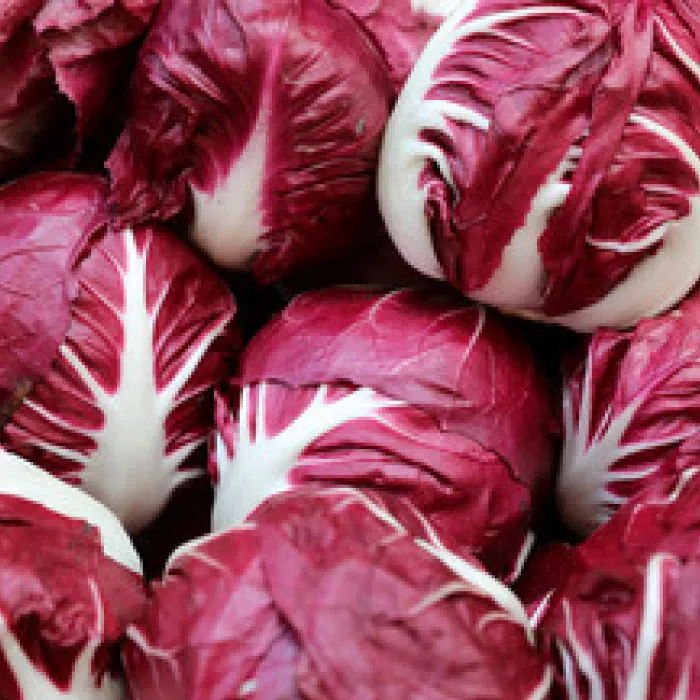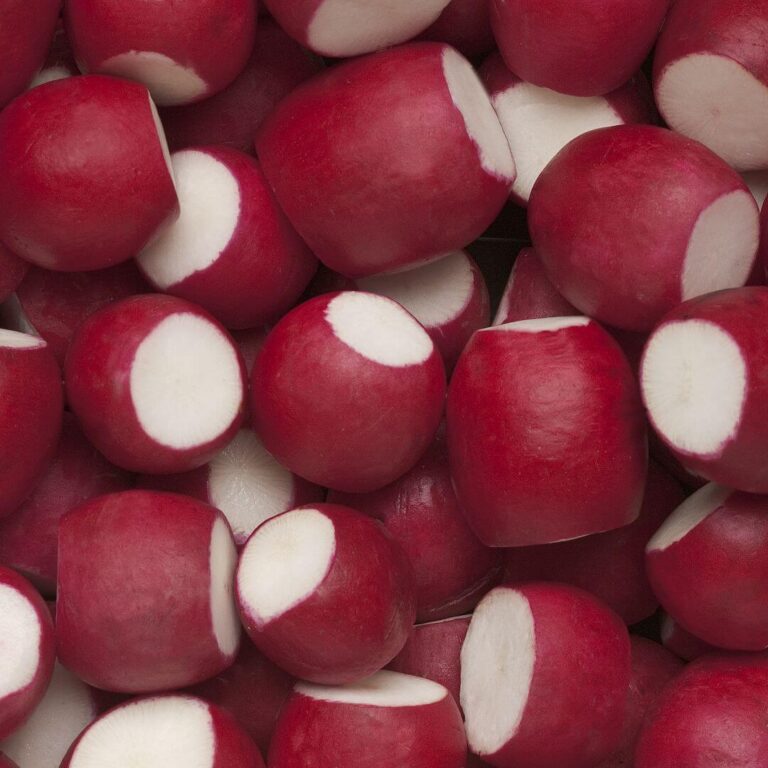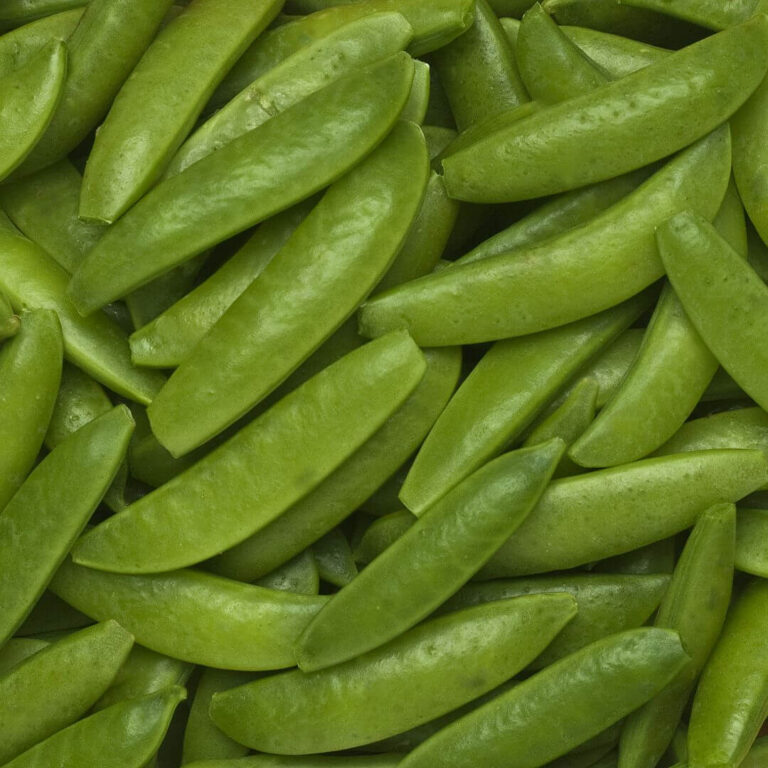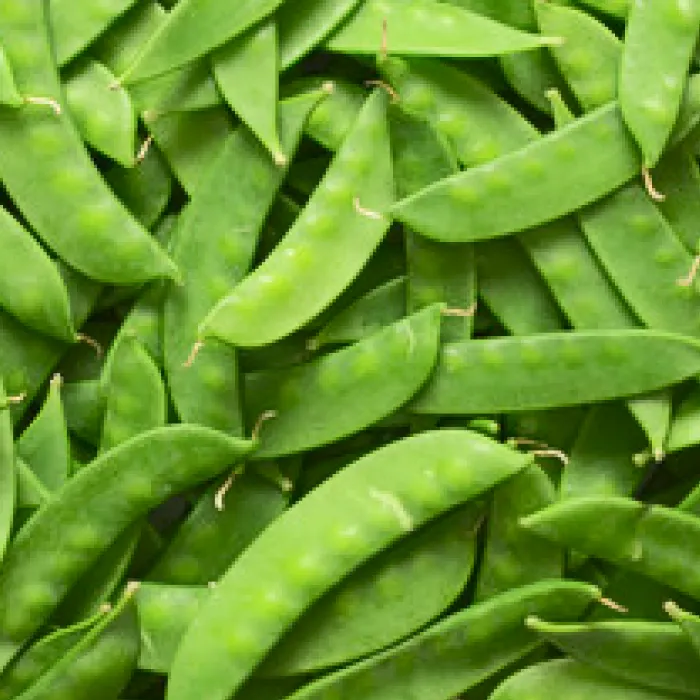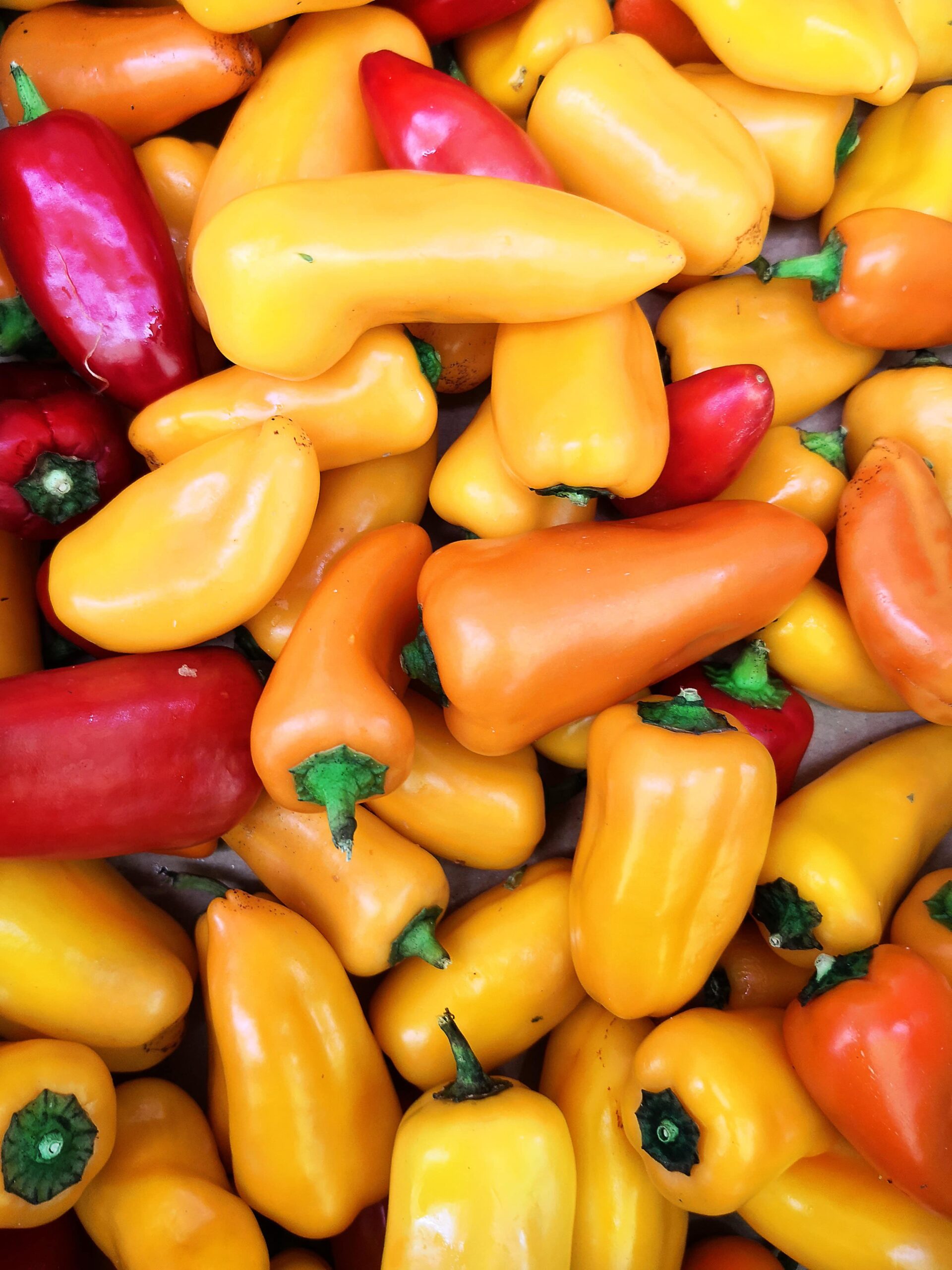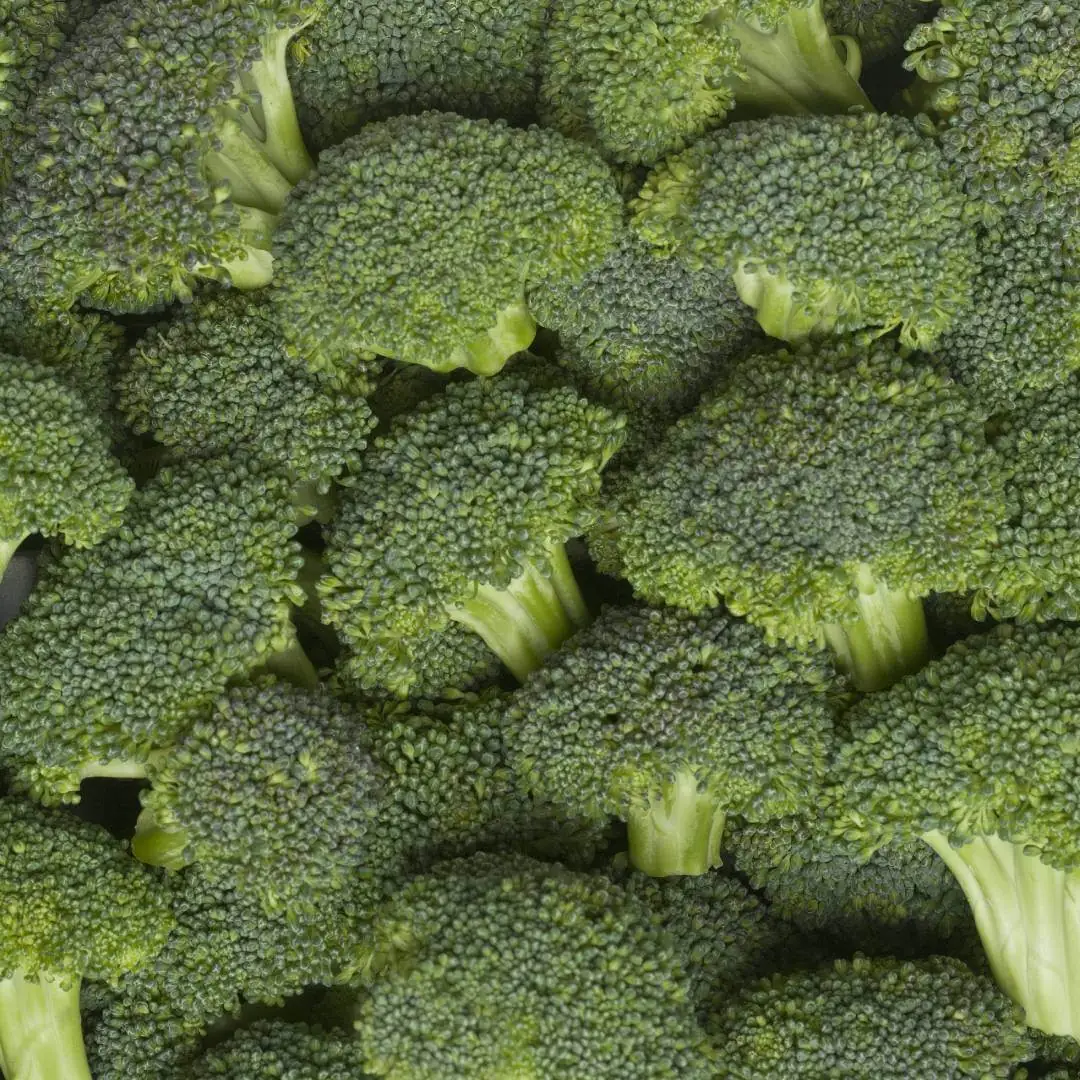Sweet Mini Peppers
Colorful, slightly sweet, and perfect for snacking — or as a tasty garnish.
Read MoreAll about Garden Favorites
Well, we’re not going to give you a strict checklist of vegetables to eat each day, but we can tell you that incorporating a variety of vegetables into your diet is a great way to ensure you get a broad spectrum of nutrients that supports your overall health.
Here’s a good start: Leafy greens like spinach and kale are rich in vitamins A, C, and K, supporting immune function and bone health. Cruciferous vegetables such as broccoli and Brussels sprouts are packed with antioxidants and fiber, promoting digestive health and reducing inflammation. Colorful bell peppers provide vitamin C, while carrots offer beta-carotene for eye health. Keep these veggies in your regular rotation to reap all the benefits!
Superfoods are nutrient-dense foods that offer some pretty exceptional health benefits. Some standout superfoods include:
- Spinach: Packed with vitamins A, C, and K, as well as iron and folate.
- Carrot: Loaded with beta-carotene, vitamins K and C, powerful antioxidants, and a high fiber content that keeps your digestion in check and makes you feel fuller.
- Kale: High in vitamins A, C, and K, and loaded with antioxidants like quercetin and kaempferol (try saying those three times fast).
- Broccoli: Rich in vitamin C, fiber, and sulforaphane, known for its potential cancer-fighting properties.
- Sweet Potatoes: A great source of vitamin A, fiber, and antioxidants.
- Red Bell Peppers: Colorful bell peppers provide ample amounts of vitamin C and numerous antioxidants — especially the red ones.
(Did you know Taylor Farms offers several salads with at least five superfoods in them? Check out the list of Superfood Salads here.)
Stocking up on a variety of versatile vegetables ensures you’re always prepared for quick snacks and nutritious meals.
- Keeping leafy greens such as spinach and romaine lettuce on hand sets you up for easy salads or fresh additions to sandwiches and wraps.
- Bell peppers, tomatoes, and cucumbers are ideal for adding a pop of color and crunch to salads or snacks.
- Carrots and celery are handy for raw snacks or adding to soups and stews.
- And don’t forget root vegetables like potatoes and sweet potatoes for roasting, mashing, baking, and, yes, fries.
Experiment with what works for you, but don’t load up to the point where you’re constantly throwing out spoiled veggies all the time. Find that balance that fits into your routines and preferences!
The shelf life of vegetables varies depending on the type of vegetable and your storage conditions.
- Leafy greens like lettuce and spinach typically last about 3-5 days when stored unwashed in a plastic bag with a paper towel to absorb moisture.
- Cruciferous vegetables such as broccoli and cauliflower can last up to a week when stored in a perforated plastic bag placed in the crisper drawer.
- Root vegetables like carrots and beets can last 2-4 weeks in the refrigerator, while potatoes and sweet potatoes can last several weeks when stored in a cool, dark place.
Be sure to check vegetables regularly for signs of spoilage, such as wilting, discoloration, or an unpleasant odor, and always discard any that appear past their prime — just to be safe.
EXPLORE MORE VEGETABLE FACTS
Cruciferous Vegetables
With veggies like broccoli, cauliflower, and kale, cruciferous vegetables are among the most nutrient-dense.
Read More